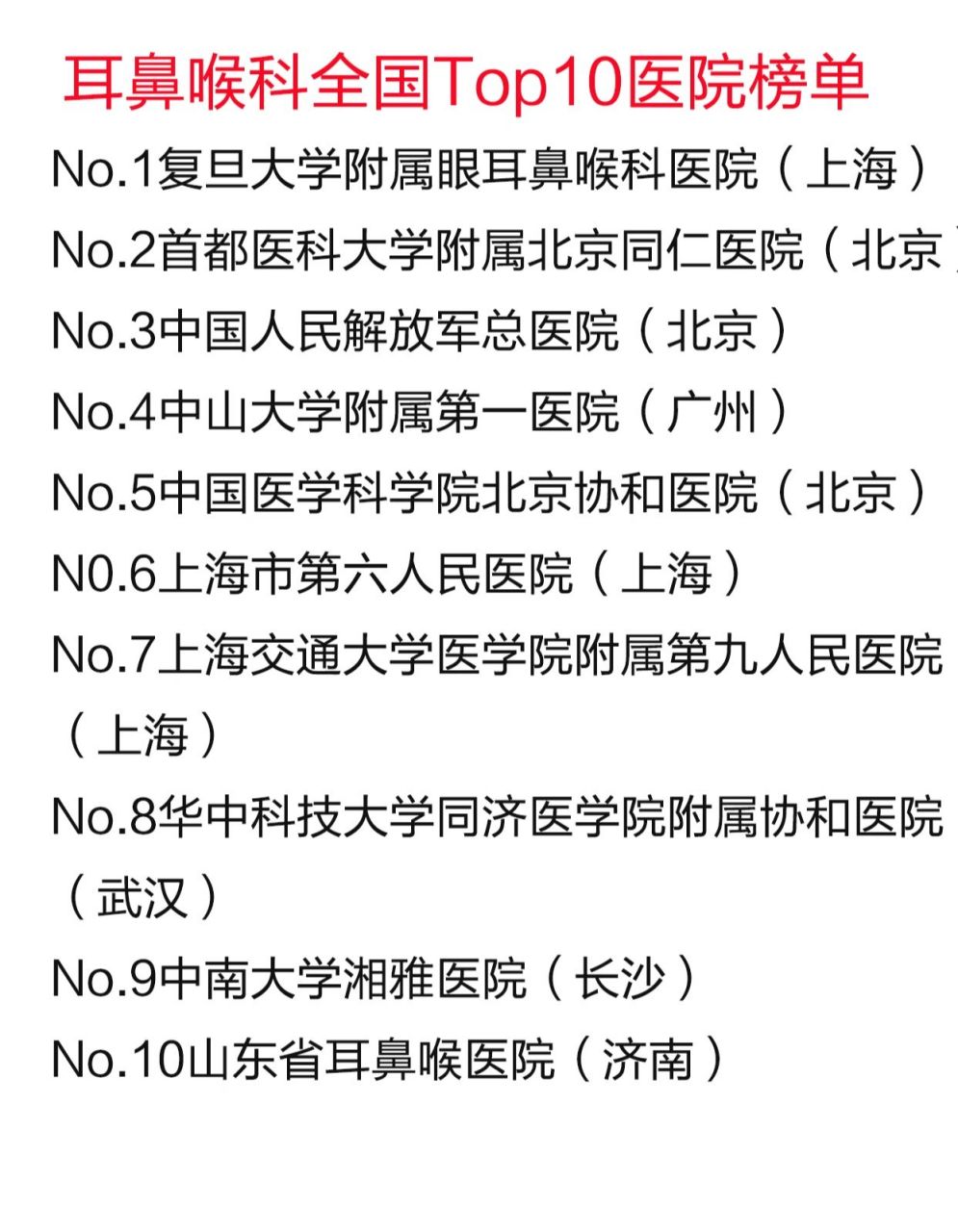The treatment of hypothyroidism, a condition where the thyroid gland does not produce enough thyroid hormone, typically includes the following steps:
1. Thyroid Hormone Replacement: The main treatment for hypothyroidism is daily use of the synthetic thyroid hormone levothyroxine (Synthroid, Levoxyl, others). This oral medication restores adequate hormone levels, reversing the signs and symptoms of hypothyroidism.
2. Regular Monitoring: Thyroid function tests should be repeated 6-8 weeks after the start of treatment to monitor thyroid hormone levels and adjust the dosage of levothyroxine as needed.
3. Lifestyle Changes: Maintaining a healthy lifestyle, including a balanced diet, regular exercise, and adequate sleep, can support overall health and well-being in individuals with hypothyroidism.
4. Dietary Considerations: While no specific diet is proven to treat hypothyroidism, ensuring adequate intake of iodine and selenium, which are important for thyroid function, may be beneficial. However, it's important to avoid excessive iodine intake, as this can worsen hypothyroidism in some individuals.
5. Follow-up Care: Regular follow-up visits with a healthcare provider are essential to monitor the condition and adjust the treatment plan as needed.
It's important to work closely with healthcare professionals to develop an individualized treatment plan tailored to the patient's specific needs and condition. Regular follow-ups and monitoring are essential to assess the effectiveness of the treatment and make necessary adjustments.











